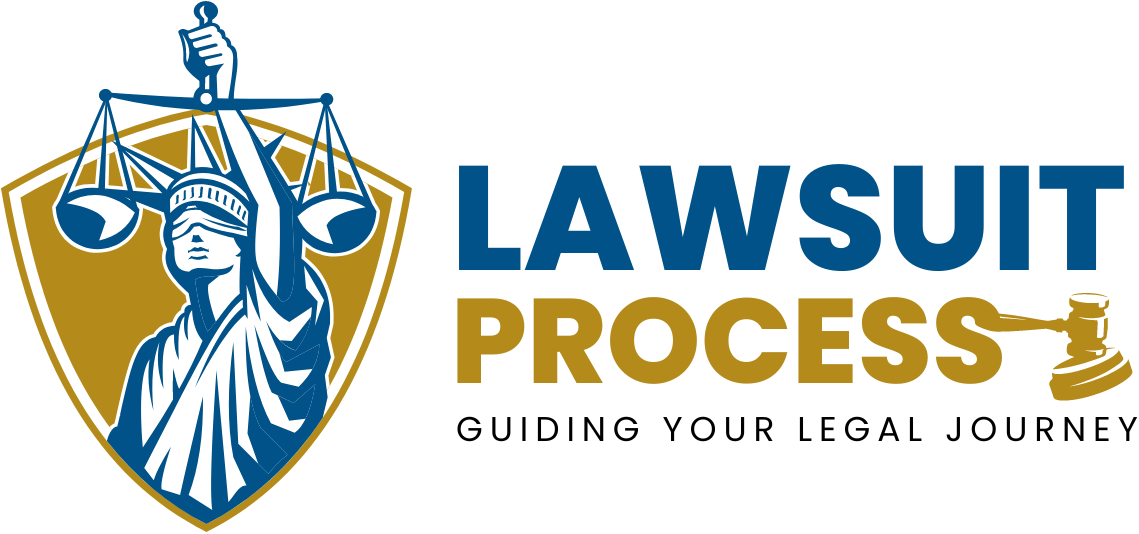The issue of unpaid wages is a significant concern for many employees in the United States. Employees work hard to earn their wages, but in some unfortunate instances, they are not compensated as agreed. The reasons for unpaid wages can range from clerical errors to intentional withholding of wages by an employer. In these cases, employees have the right to pursue legal action through an unpaid wages lawsuit. This article provides a detailed overview of the unpaid wages lawsuit process in the United States, including legal grounds, filing procedures, and potential outcomes.
1. Understanding Unpaid Wages
Unpaid wages refer to compensation that an employee is entitled to but has not received from their employer. This can include hourly wages, salary, overtime pay, bonuses, commissions, and any other form of compensation that was promised as part of the employee’s work agreement. Failure to pay these amounts constitutes a violation of labor laws, and employees have the right to recover what is rightfully theirs.
2. Common Causes of Unpaid Wages
There are several common reasons why employees might not receive their wages. These include:
- Misclassification of Employees: Employers may misclassify employees as independent contractors to avoid paying wages, benefits, and overtime.
- Failure to Pay Overtime: Many employers fail to pay employees the required time-and-a-half rate for hours worked over 40 in a workweek.
- Minimum Wage Violations: Some employers pay their employees below the federal or state minimum wage.
- Unauthorized Deductions: Employers may deduct amounts from wages unlawfully, such as for uniforms, tools, or mistakes made on the job.
- Failure to Pay for All Hours Worked: Employees may not be compensated for all the time they spend on work-related tasks, such as preparation time, training, or off-the-clock tasks.
3. Legal Protections for Employees
Employees in the United States are protected by a variety of federal and state labor laws. These laws are designed to ensure that workers receive the compensation they are entitled to. Some of the key federal laws include:
- Fair Labor Standards Act (FLSA): The FLSA is a federal law that establishes minimum wage, overtime pay, and recordkeeping standards for employees in the private sector and in federal, state, and local governments.
- State Labor Laws: In addition to federal laws, many states have their own labor laws that may provide additional protections. For example, some states have higher minimum wage requirements than the federal minimum wage.
- Contract Law: Employees who are not protected by the FLSA may still have a claim for unpaid wages under contract law if their employer failed to uphold the terms of an employment agreement.
4. Steps to Take Before Filing a Lawsuit
Before pursuing legal action for unpaid wages, employees should take the following steps:
4.1 Review Employment Agreement
The first step in resolving unpaid wage disputes is to review the employment agreement or contract. This document typically outlines the terms of employment, including salary, wages, and any additional compensation (such as bonuses or commissions). Employees should ensure that the employer has violated the terms of the agreement before moving forward with legal action.
4.2 Keep Detailed Records
Employees should maintain detailed records of their hours worked, wages paid, and any communication with the employer regarding their pay. This documentation will be critical in proving their case should the dispute escalate to a lawsuit. Examples of documentation include:
- Timecards, punch records, or other evidence of hours worked
- Paystubs, direct deposit records, or bank statements
- Email or text message exchanges with the employer regarding pay
4.3 Contact Employer
Employees are encouraged to address the issue directly with their employer before pursuing legal action. In some cases, unpaid wages may be the result of an oversight or clerical error. Sending a formal letter or email to the employer requesting the unpaid wages can sometimes resolve the situation without the need for legal intervention.
4.4 File a Complaint with the Department of Labor (DOL)
If the employer refuses to pay the wages owed, employees can file a complaint with the U.S. Department of Labor (DOL) Wage and Hour Division. The DOL investigates wage violations and can help employees recover unpaid wages. However, this process can be time-consuming, and employees may still need to file a lawsuit if the DOL cannot resolve the dispute.
5. Filing an Unpaid Wages Lawsuit
If all other efforts fail, employees have the option to file an unpaid wages lawsuit. The process for filing a lawsuit involves several important steps:
5.1 Consult with an Attorney
The first step in filing a lawsuit is to consult with an employment attorney who specializes in wage and hour law. An attorney can provide legal advice on the strength of the case, the potential compensation that may be recovered, and the best legal strategy moving forward.
5.2 Determine the Appropriate Court
Unpaid wage claims can be filed in either state or federal court, depending on the specifics of the case. Many wage claims are filed in small claims court, which is designed to handle disputes involving smaller amounts of money. Larger claims, or those involving violations of the Fair Labor Standards Act (FLSA), may be filed in federal court.
5.3 File the Complaint
Once an attorney has been consulted, the next step is to file a formal complaint with the court. The complaint outlines the allegations against the employer, including the amount of unpaid wages and any other damages being sought (such as liquidated damages or attorney’s fees).
5.4 Serve the Employer
After the complaint is filed, the employer must be formally served with the lawsuit. This involves delivering a copy of the complaint to the employer in accordance with the court’s rules. The employer then has a certain amount of time to respond to the complaint.
5.5 Discovery Process
After the lawsuit is filed, both parties enter the discovery phase, where they exchange information and evidence related to the case. This may include records of hours worked, paystubs, employment contracts, and any communications between the employer and employee. The discovery process can take several months, depending on the complexity of the case.
5.6 Settlement Negotiations
Before the case goes to trial, the parties may engage in settlement negotiations. In many cases, employers prefer to settle out of court to avoid the cost and publicity of a trial. Settlements can be beneficial to both parties, as they provide a quicker resolution and eliminate the uncertainty of a trial.
5.7 Going to Trial
If a settlement cannot be reached, the case will go to trial. During the trial, both parties will present evidence and arguments to the court. The judge or jury will then determine whether the employer is liable for unpaid wages and, if so, how much compensation the employee is entitled to receive.
6. Possible Outcomes of an Unpaid Wages Lawsuit
The outcome of an unpaid wages lawsuit can vary depending on the specifics of the case. Some potential outcomes include:
- Full Recovery of Unpaid Wages: The court may order the employer to pay the full amount of unpaid wages owed to the employee.
- Liquidated Damages: In some cases, the court may award the employee liquidated damages in addition to the unpaid wages. Liquidated damages are typically equal to the amount of unpaid wages and are designed to compensate the employee for the employer’s wrongful actions.
- Attorney’s Fees and Court Costs: If the employee prevails in the lawsuit, the court may order the employer to pay the employee’s attorney’s fees and court costs.
- Appeal: Either party may choose to appeal the court’s decision if they believe there was a legal error or if they disagree with the outcome.
7. Time Limits for Filing an Unpaid Wages Lawsuit
It’s important for employees to be aware of the statute of limitations for filing an unpaid wages lawsuit. The statute of limitations sets a time limit on how long employees have to file a claim. The time limit varies depending on the type of claim:
- FLSA Claims: Under the Fair Labor Standards Act (FLSA), employees have two years to file a lawsuit for unpaid wages. In cases where the employer’s actions are deemed “willful,” the statute of limitations is extended to three years.
- State Law Claims: The statute of limitations for state wage claims varies by state, but it is typically between two and three years.
Conclusion
Pursuing an unpaid wages lawsuit can be a complex and time-consuming process, but it is often the only recourse available for employees who have been denied the compensation they are owed. By understanding their legal rights and following the proper procedures, employees can increase their chances of successfully recovering unpaid wages. It’s always advisable to seek the assistance of a qualified employment attorney to navigate the legal process and ensure that their rights are protected.










